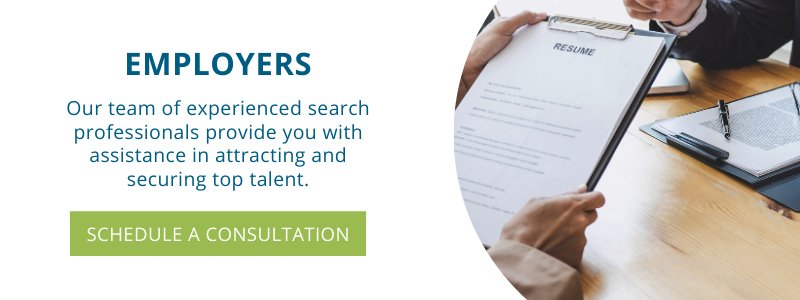With two decades of expertise, PeopleSuite has a deep understanding of hiring processes and best practices. We work diligently with both parties to make the right match for both companies and candidates. After they submit a successful resume, we guide candidates through the hiring process.
The first rule? Keep it simple.
We have found wisdom in the words of Dean Smith, the famous Tarheels basketball coach. He kept it simple. When there were 30 seconds left in the game and he called a time-out, Dean didn’t give eight different instructions, he didn’t clutter players’ minds. He gave one directive and it worked.
Our interview advice follows suit and comes down to four components:
1. The Elevator Speech
If you’re planning on winging it, think again. After the hiring manager invites you into their office, they’ll ask you to tell them about yourself. So be ready. Prepare a 45-60 second speech. Start with your first relevant job, end with your most current. Chart your professional course and pepper your story with accomplishments, but no details. Create a pace, tell a story, don’t talk too long, and stick to the facts.
Quick Tip: Have an ending to your story and don’t keep talking. Try to keep your story at or under the one minute mark.
2. The Accomplishment Script
At some point, they’ll ask you about accomplishments and/or resume metrics. That’s your time to shine. But it’s not about bragging, as this Forbes article says. It’s about seizing the opportunity to go deep. Use the Star Method, which includes situation, task, action and result. Your goal? Help the hiring manager picturing you solving these problems. Another way to talk about yourself is to ask questions. Maybe you ask “What’s the most urgent project this person will encounter?” Once you get an answer, use that to talk about how you’ve been successful in your previous roles that are similar to the one you’re applying for.
Quick Tip: Know your resume inside and out. Don’t get caught off guard with a question you can’t answer about your previous experience.
3. The Money Plan
It’s hard to put an exact price tag on a person, especially in a meeting, so don’t expect it. They’ll have a range in mind and that’s it. Assuming the client brings up money, your first line is optimism and collaboration: “I’m very excited about this management role, I feel like it’s the opportunity I’m looking for. I think I’d be a tremendous asset. If you feel the same way, I’m sure we’ll come to a mutual agreement.” If they press you further, state your current salary, benefits and vacation package. If they press again, which rarely happens, simply smile and say “Are we negotiating?”.
Quick Tip: Remember that most often the interviewer may not be the final decision-maker about hiring or compensation.
4. The Closing
When you feel the interview is winding down, ask them “Is there anything about my background or experience that you have any more questions about?”. Give them the opportunity to make sure they have everything they need from you. Take that initiative and let them know you’re interested. Don’t confuse your Dad’s advice about buying a used car with interviewing for a job. It’s not the time to play hard to get. I’ve talked with many hiring managers who thought the candidate was well-qualified, but “didn’t seem that interested in the job.”.
Quick Tip: Don’t forget to write a thank you email or note after your job interview. It’s often forgotten and can help you stand out.
BONUS: If you land yourself a telephone interview, stand up while you talk, as if you are giving a presentation to a group. You’ll sound more energetic and your voice will have a better tone. Standing will provide lift and elegance to the whole conversation.
This blog was originally published on April 29, 2019 and has been updated for clarity and with the latest information.











